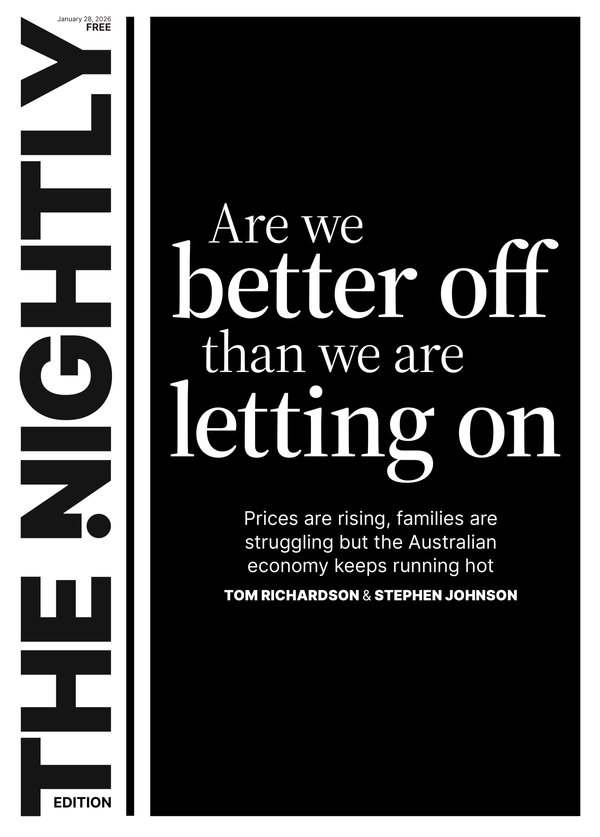EDITORIAL: Rio Tinto must stay course against backlash over toxic culture

Creating cultural change is really bloody hard.
Rio Tinto is finding out just how much of a relentless, bruising slog it can be.
The company is two years into an ambitious program to overhaul the toxic culture which allowed bullying and sexism to run rife through its workplaces.
Sign up to The Nightly's newsletters.
Get the first look at the digital newspaper, curated daily stories and breaking headlines delivered to your inbox.
By continuing you agree to our Terms and Privacy Policy.It’s a commendable aim — dragging a male-dominated workforce into the 21st century.
But, predictably, progress has been achingly, frustratingly slow. On many of the most important metrics, they’ve gone backwards.
The miner’s progress report showed that 7 per cent of the 11,000 employees to have taken part in a company wide survey had experienced sexual harassment in the past year — the same amount in 2021. And 39 per cent said they had experienced bullying, greater than the 31 per cent of staff who said they had been bullied in 2021.
Eight respondents reported that they had been the victims of actual or attempted sexual assault or rape, up from five in 2021.
However, half of survey respondents said they believed there had been an improvement in relation to bullying, and 47 per cent said they’d noticed a positive change in relation to sexual harassment.
It’s the same contradictory story playing out across society more broadly.
The world has woken up to the need for — and benefits of — greater diversity and inclusion, but that has ignited a growing backlash against the push for “wokeness”.
It’s Newton’s third rule: every action creates a reaction.
In this case, the reaction is mostly from men who think they’re being unfairly left behind while the world moves on without them. It’s the same phenomenon which is partly responsible for the resurrection of Donald Trump’s political career.
Some reported feeling resentment seeing women with less experience promoted over the top of them, while another said men were “guilty by chromosome”.
“As a male, you feel like you are a perpetrator when you have got nothing to do with it,” he said.
Another said that “as a white heterosexual male, I feel as though my thoughts and feelings aren’t worth expressing anymore”.
Women too are feeling the backlash. Some reported they were now written off as “diversity hires” if they were promoted, undermining their credibility.
There’s a temptation to dismiss the complaints of men resistant to change as baseless whinging from obstinate sexists.
That may be true in some cases, and hopefully, the worst offenders will age out or be pushed out of the industry soon enough.
But to ignore the depth of feeling would be a mistake. That would allow it to fester into something potentially even more harmful.
Without compromising on its zero tolerance approach to harassment and sexism, Rio Tinto — and the rest of us — need to figure out a way to bring these recalcitrants along for the journey or risk the valuable progress made so far.
